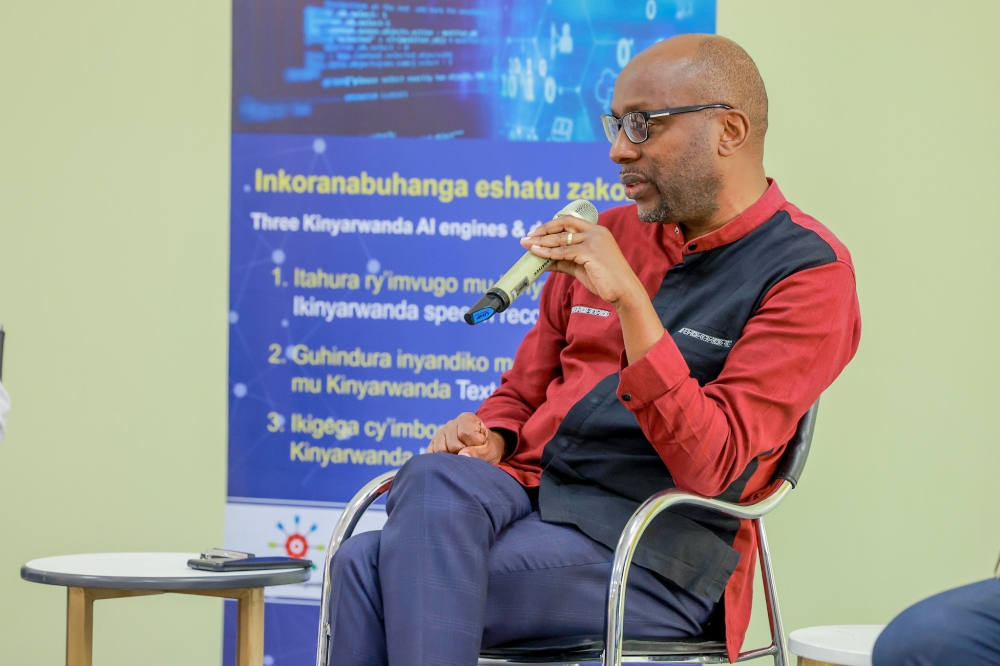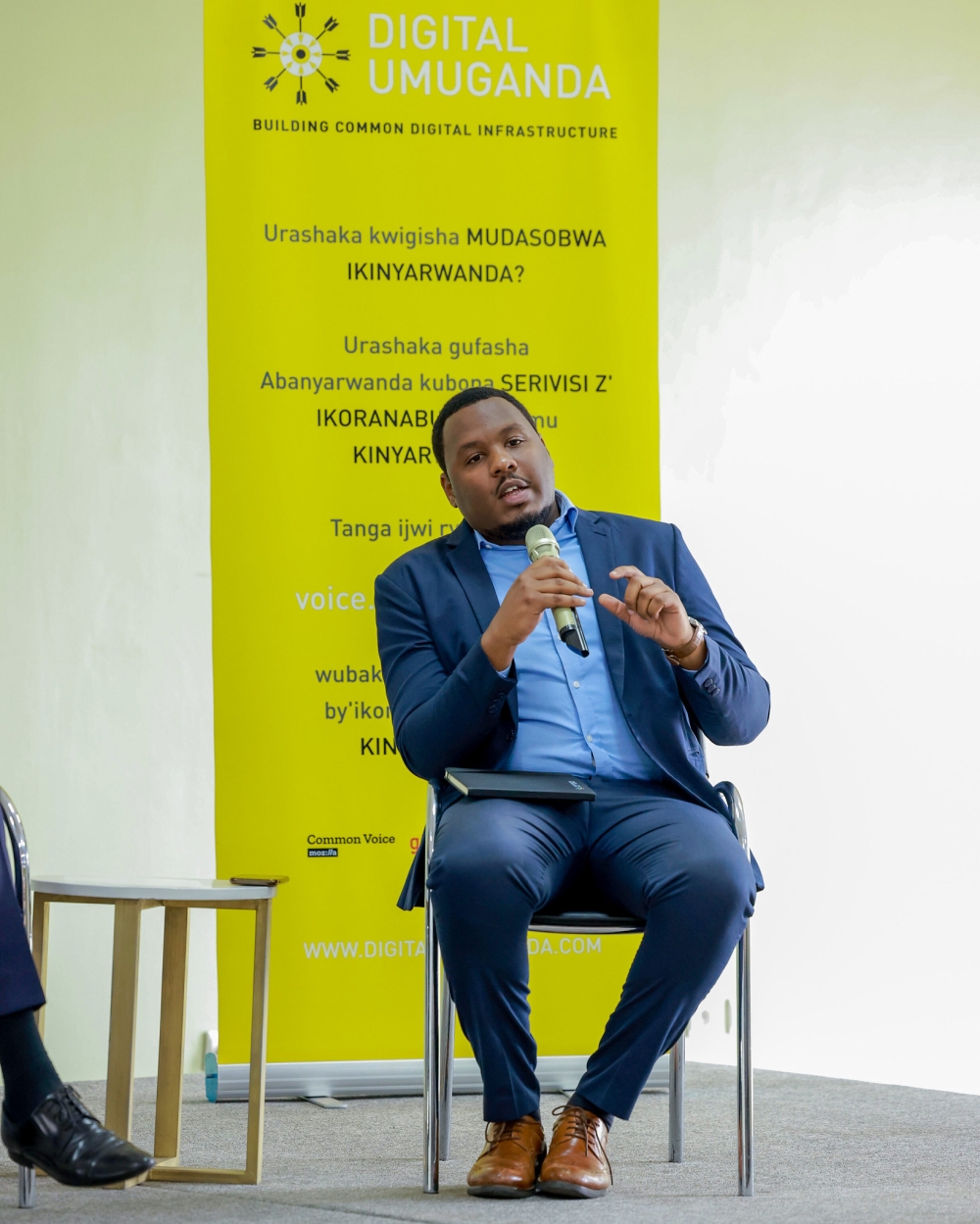

As technology continues to revolutionise the world, it's not surprising to see Artificial Intelligence (AI) taking the lead in preserving cultural identities.
Following the increasing need to protect Rwanda's national language, Kinyarwanda, Rwanda Cultural and Heritage Academy (RCHA) in collaboration with local tech firm Digital Umuganda recently rolled out AI infrastructure aimed at taking the preservation of Kinyarwanda to new heights.
ALSO READ: Does Kinyarwanda face extinction?
The technological infrastructures include a dataset of Kinyarwanda text and their corresponding audios, a speech recognition feature that processes human speech into a written Kinyarwanda format and a text-to-speech feature where a user can enter a text and the AI tool produces a voice in Kinyarwanda.


Speaking to The New Times, Audace Niyonkuru, Chief Executive Officer of Digital Umuganda said they took part in the project to develop an infrastructure that could be used to build AI products in the national language and make them useful and relevant to the Rwandan ecosystem.
"For instance, if you have speech recognition and text-to-speech features, you can build an automated call centre so that people do not keep waiting when they call. Furthermore, they can also have information in their local language,” he said.
"By using voice technology, even those who cannot read or write are able to get access to information. The speech recognition feature can also help you transcribe audio that is in Kinyarwanda.”
It is important to note that with AI, the larger the dataset and the more it is used, the better the search results.
Niyonkuru said that they are expanding the dataset and training new engines so that the technologies can perform better, adding that the next step is to embed them in different services.
ALSO READ: What it takes to coin new Kinyarwanda words, terminologies
Digital Umuganda started data collection of Kinyarwanda speech recognition in 2019, according to Niyonkuru.
"We currently have more than 2000 hours of audio with over four million sentences in Kinyarwanda. It's the largest dataset of any African language. Now researchers and innovators have an infrastructure in Kinyarwanda and can provide people with services in the local language,” he said.
The AI tools are open and free to use via website: umuganda.digital.
ALSO READ: Over 500 articles added onto Kinyarwanda Wikipedia
Robert Masozera, the Director General of RCHA asserts that it was necessary to digitise Kinyarwanda like other different African languages.
He said it will ease service delivery because around 98 per cent of people who seek services in Rwanda speak Kinyarwanda.
"Digitalising Kinyarwanda will make Rwandans be comfortable towards the services they are given,” he said. "It has also been seen that languages continue to become extinct and so digitising Kinyarwanda will help in preserving the language for the long term.”
Masozera also noted that the AI features for Kinyarwanda will specifically help those who do not know Kinyarwanda well but want to learn the language, including Rwandans who live in the diaspora as well as foreigners.
They will also expose those who use the language incorrectly, he added.
The project was supported by Germany development agency, GIZ, through Digital Umuganda.


